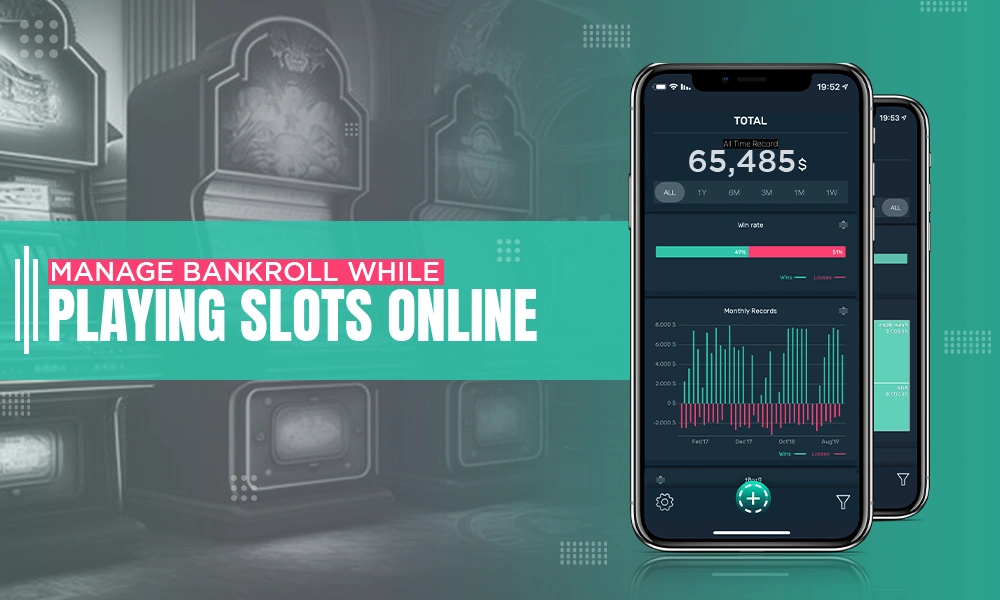How To Comply With Cybersecurity Regulations?

Cybersecurity is a pretty complex system that incorporates security technologies and strategies needed to protect data, systems, networks, and programs from unwanted breaches and attacks. Cyber attacks are often targeted at accessing sensitive enterprise information, changing or destroying such information to extort cash from users, or distorting regular procedures in business operations.
The impact of these cybersecurity threats can be devastating to a company, its customers, and relevant stakeholders. This is why regulatory compliance is being set to guide the activities of every company through measures needed to protect the interest of every player in that business environment.
Business responsibility to devote to delivering the industry standard controls is sometimes misinterpreted by some as an imposed obligation that is not usually convenient to achieve and causes lots of financial discomfort and struggles. However, despite being an overwhelming topic, having a compliant culture in your company positions you as mature, trustworthy, integrity, and authoritative in your industry.
What Does Cyber Security Regulatory Do?
Cybersecurity regulatory compliance means adhering to provided measures and regulations to safeguard the integrity, confidentiality, and accessibility of enterprise and customer data. The NIST Cybersecurity Framework, the CIS, and ISO 27001 compliance are just a few security frameworks and control sources.
In another way, one can define cybersecurity compliance as an organizational risk management method aligned as a predefined security measure and control in the need to prioritize data security and confidentiality through administration processes. In addition, the steps are considered to encourage organizations to comply with provisions made by regulatory authorities, industry-relevant units, and laws to uphold data management and security requirements.
Additionally, IT security compliance is essential to implement repeated monitoring and assessment processes of systems, networks, and devices to strictly follow regulatory cybersecurity compliance requirements. This tentacle program helps businesses analyze their risk situation, mitigate data breaches, and create a framework to secure sensitive data and mitigate threats.
Significance of Cyber Security Compliance
It can seem overwhelming to comply with cybersecurity regulations. Especially with new, emerging businesses facing countless acronyms, controls, and terminologies. However, sticking with the rules despite the odds has some great benefits for a company, and some of them include
Build Your Reputation and Gain Customer Trust
In the face of a significant data breach, customers will lose their trust in your company, and it will also retain the good reputation you have preserved over the years. In fact, a recent survey showed 49% of respondents say they will never use an online service or application that has recently suffered a data breach. Also, 47% claim to have changed how they safeguard their data due to the new data breach occurrences.
So by practicing the principles of sustainable cybersecurity, you can secure your customer and their trust.
Supports Accountability and Access control
Complying with security regulations provides access controls to compliant companies into secure systems and databases, and other features that allow organizations to monitor their systems and access databases at an organizational level.
Avoid Fines and Penalties
Failing to comply with the appropriate laws and regulations can cost you heavy fines. Popular violation penalties would cost you between $100 to $50,000 for HIPAA for every violation and a maximum penalty of $1.5million annually.
Improves Data Management Capabilities
Being careful about handling sensitive client data is vital to improving data management capabilities. In addition, companies should implement critical elements of data center management capabilities that help increase business operations’ efficiency.
All business owners must prioritize complying with cybersecurity regulations because of the strict laws, mandatory requirements, and potential consequences on overall business operations. For example, a cyberattack could hit any company. Many small companies do not take cybersecurity very seriously because they believe they are not attractive to cybercriminals.
However, hesitating to invest in a potent cybersecurity infrastructure exposes vulnerabilities that could be easily harvested by cyber attackers. Such an occurrence not only impacts the company but also affects its customers, clients, and other stakeholders.
To enhance your cybersecurity measures, consider implementing biometric authentication, a secure method of verifying user identities.
Major Cyber Security Compliance Requirements
Major cybersecurity compliance requirements may apply to businesses both locally and internationally, depending on their coverage. Another factor is the market such regulation is active and the business location too. Companies dealing with confidential data are more likely to be targeted by cybercriminals.
The key focus of data security includes identity, and personal information, which consists of a person’s social security number, full name, personal number, date of birth, and other required details, maybe health information too.
(HIPAA) Known as The Health Insurance Portability and Accountability Act
HIPAA has been active in the United States since 1996 and covers sensitive health-related information. Companies that handle and transmit health data digitally to receive customer payments, process claims, or share other information electronically, are expected to comply with these regulations.
The HIPAA rules and regulations focus on ensuring that companies, health care providers, health plans & health care clearinghouses do not abuse customers’ health information. The security regulation is based on three key aspects: Privacy, security, and breach notification rules to report an incident. However, companies not located within the United States are not affected by the laws and regulations provided under HIPAA.
ISO/IEC 27001
ISO/IEC 27001 compliance affects companies internationally to manage and implement Information Security Management Systems (ISMS), which is the concept of the International Organization for Standardization (ISO) and the International Electrotechnical Commission (IEC) 27000 family of standards.
ISO/IEC 27001 compliance requires a complete setup to ensure that customer personal data are protected and secure and integrity maintained. The compliance standards comprise thorough practices and operational engagements to build a robust and reliable cybersecurity management system.
PCI-DSS, Known as The Payment Card Industry Data Security Standard
PCI-DSS is a cybersecurity regulation that covers credit card data protection and security controls. The key focus of the rules and regulations provided by this regulation standard is secure cardholder data. It concerns companies that deal with payment information and handle customers’ sensitive payment details.
It has 12 standard requirements businesses must comply with that include password protection, firewall configuration, and data encryption, controlling how credit card information is being stored, accessed, and used.
The Payment Card Industry Data Security Standard (PCI-DSS) issues non-compliance penalties, including the possibility of a merchant losing their license and not being eligible to handle credit card payments for many years. Business owners who handle customer payment information but do not comply with the PCI-DSS standards would become an easy target for cyber-attacks, which will also result in reputational damage and can cause severe financial penalties of up to $500,000.
The General Data Protection Regulation (GDPR)
GDPR covers European Economic Area (EEA) and European Union (EU) countries. GDPR was founded in 2016 as a data protection and privacy law guiding EU-based individuals’ data collection and protection systems. The standard requires businesses to deliver clear terms and conditions relating to customer data collection policies and encourages every individual to decide how data is used without restrictions.
In essence, individual consent is required for business owners to leverage for processing personal data and ensuring confidentiality, safety, and responsibility to notify cardholders in case of a potential data breach.










